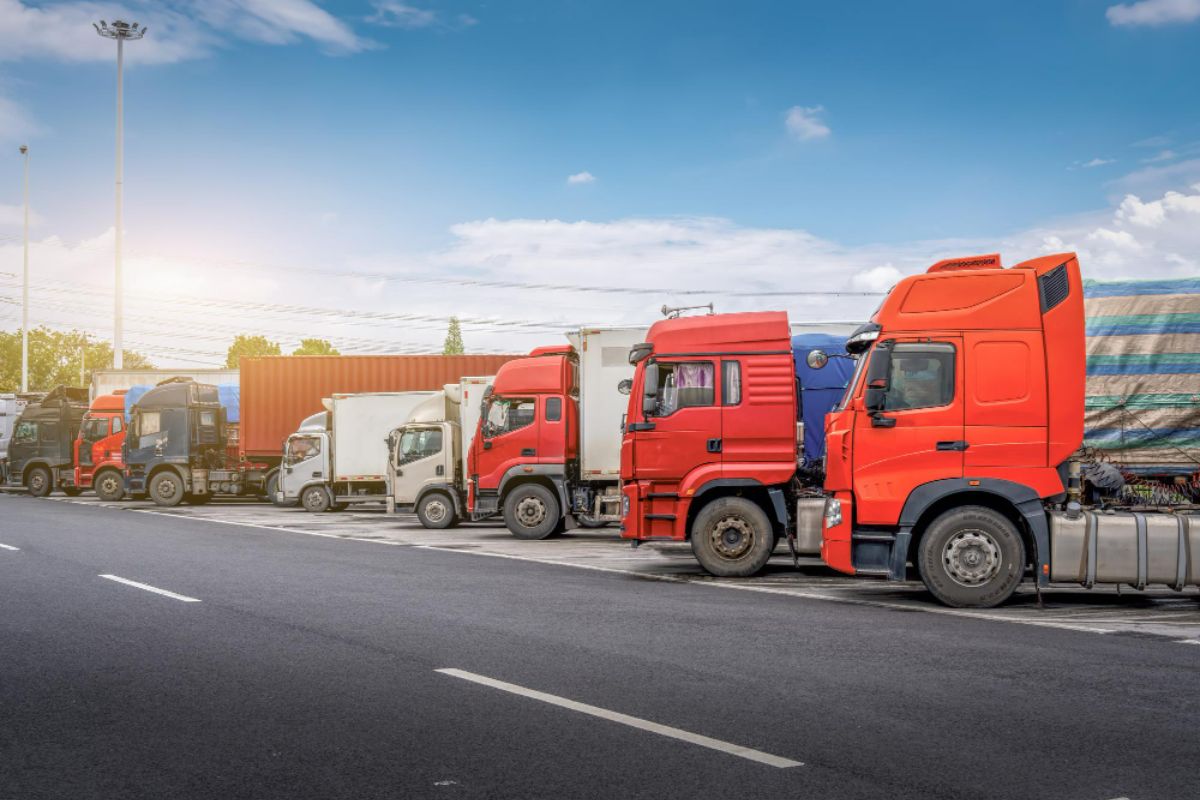

Overview
- Container trucking services in the Philippines face several critical challenges that impact their efficiency and cost-effectiveness. Severe traffic congestion in Metro Manila leads to delays while rising fuel prices and taxes increase operational expenses.
- Inconsistent local regulations add complexity to compliance, and aging fleets require costly maintenance and fuel due to reduced efficiency.
- Additionally, inadequate infrastructure, including poorly maintained roads and limited parking, exacerbates vehicle wear and tear, further disrupting delivery schedules.
These factors collectively strain the trucking industry and affect the overall reliability of logistics operations.
Container trucking services are essential to the global supply chain, facilitating the transportation of goods and materials from warehouses and batching plants to their final destination. Despite their role, these services encounter various challenges impacting their efficiency, profitability, and overall performance.
This article delves into the various obstacles container trucking services face. By understanding these, we gain a deeper understanding of the complexities within the industry. Read on to learn more.
In Metro Manila, the traffic congestion in 2023 has been reported as the worst globally. This presents a challenge for trucking services. During peak times such as five to six p.m. on Fridays, trucks experience extreme delays, averaging 35 minutes and 30 seconds to travel just 10 kilometers at 19 km/h.
This congestion disrupts delivery schedules and raises operational costs. The extended travel times reduce the number of deliveries that can be completed within a given timeframe. This inefficiency affects the fleet’s productivity and may result in lost business opportunities.

With gasoline prices reaching 68.67 pesos per liter in early 2024, trucking companies are experiencing higher fuel expenses. Fuel is a major component of transportation costs, and this increase directly elevates their overall operational costs.
Companies may need to raise their logistics rates to manage these higher costs, which can lead to increased prices for goods and services. This, in turn, impacts the overall supply chain and consumer prices.
Additionally, taxes on fuel and other operating expenses further exacerbate the financial strain on container trucking services. The Tax Reform for Acceleration and Inclusion (TRAIN) Law has led to substantial increases in excise taxes on diesel fuel. These tax hikes add to the overall cost of fuel, putting additional pressure on trucking companies and affecting their profitability.
In the Philippines, local government entities can establish regulations, leading to a complex and fragmented legal landscape for trucking businesses. Companies must navigate a patchwork of laws that vary by region, including differences in weight restrictions, driver licensing requirements, and safety standards.
For instance, some areas may have more lenient regulations, while others enforce stricter vehicle weight limits. Trucking businesses must meticulously align their operations with the specific requirements of each locality they serve. Any inconsistencies or failures to comply with these diverse regulations can result in operational disruptions and compliance challenges.

As trucks age, they necessitate more frequent and extensive maintenance to remain operational. Older vehicles are more susceptible to breakdowns and mechanical failures, which result in higher repair costs and increased downtime.
Additionally, aging trucks exhibit lower fuel efficiency than newer models, leading to higher fuel consumption and elevated operational expenses.
Moreover, frequent breakdowns and decreased reliability of older trucks can disrupt delivery schedules and compromise service quality, potentially resulting in loss of contracts and diminished customer satisfaction.
Container trucking services are affected by inadequate infrastructure, including poorly maintained roads and bridges and limited access to effective loading and unloading facilities. These issues contribute to longer delivery times, increased vehicle wear and tear, and higher maintenance costs.
For instance, the prevalence of potholes and inadequate signage on highways can lead to vehicle damage and accidents, undermining the reliability of logistics operations and posing safety risks to truckers and other road users.
Additionally, the lack of adequate parking exacerbates the problem. Truck drivers often face difficulties finding safe and legal parking spots, resulting in extended wait times and added frustration. They may resort to unsafe or unauthorized parking areas, increasing the risk of vehicle theft or damage.
Container trucking services face challenges that threaten their efficiency and profitability. From traffic congestion and rising fuel costs to inconsistent regulations and aging fleets, these services must adapt and innovate to overcome these obstacles.
As a business owner, this entire deal might be confusing and complicated. That’s why partnering with a trusted and skilled service provider is important. Here at Big Ben, we pride ourselves on providing top-notch trucking services that can help ease these burdens for you. Reach out to us today to get started!